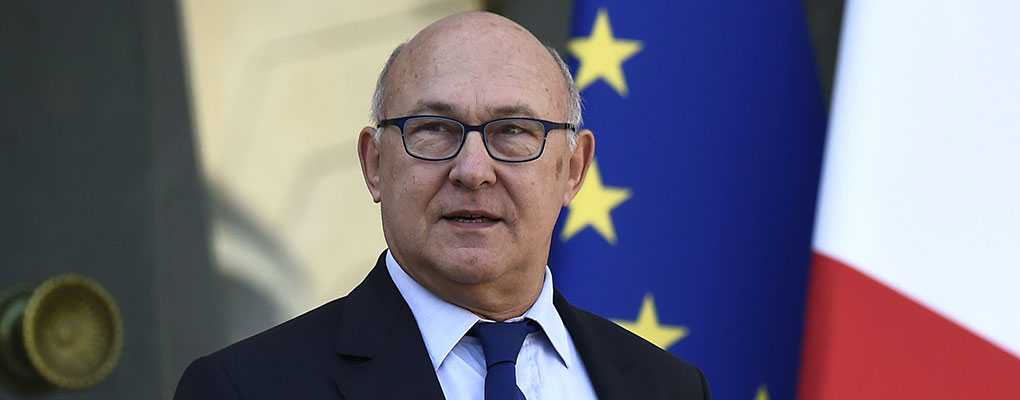
The French socialist government presented its 2015 budget with the aim of reducing its public spending – almost the highest in the EU – and lowering its budget deficit.
The deficit is projected to reach 4.4 percent of national income in 2014 before dropping to 4.3 percent in 2015 and 2.8 percent in 2017. But the reduction is not enough to meet an EU target of 3 percent by the end of next year.
The EU deadline set for achieving the reduction to 3 percent had already been extended twice
The plans, which are the most drastic seen since Hollande came to power in May 2012, involve cutting the state’s budget by €21bn in 2015 to achieve an overall reduction of €50bn by 2017. Sectors targeted include the welfare system, civil servants and local authorities.
The EU deadline set for achieving the reduction to 3 percent had already been extended twice. But Finance Minister Michel Sapin said the most recent projections are “realistic” given the eurozone’s low inflation rates and the country’s slow economic growth. He told a news conference at the finance ministry: “We are committed to being serious about the budget, but we refuse austerity”. He added that “the French will not be asked to make an additional effort” for fear of damaging economic growth and causing a recession.
In 2016 France’s public debt is expected to hit a high of 98 percent of annual output. It reached a record high in the first half of 2014, topping €2trn.
The country aims to cut its structural deficit by 2.4 percent of GDP in 2014 but next year that reduction will slump to 2.2 percent. Public spending is set to reach a high of 56.5 percent of GDP in 2014 and drop to 54.5 percent in three years’ time.
According to the FT, France is set for talks with the EU, in which Sapin plans to maintain that the country’s situation is “legitimate and [well] argued”.



